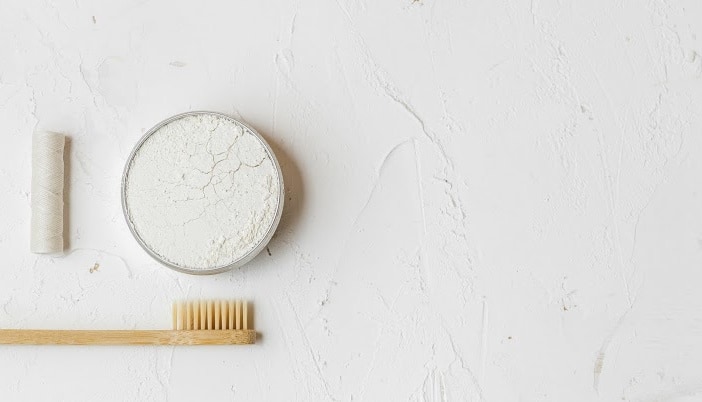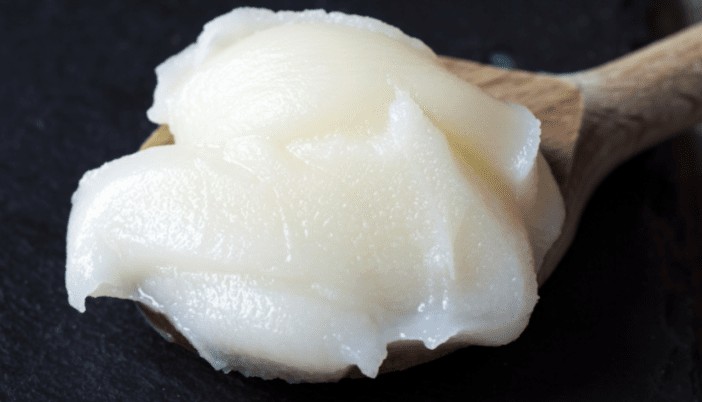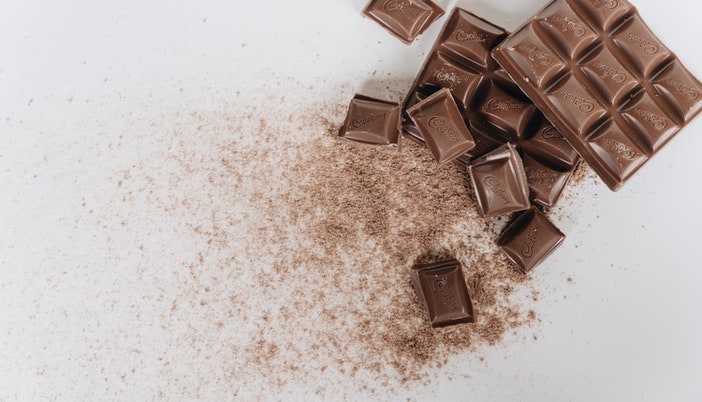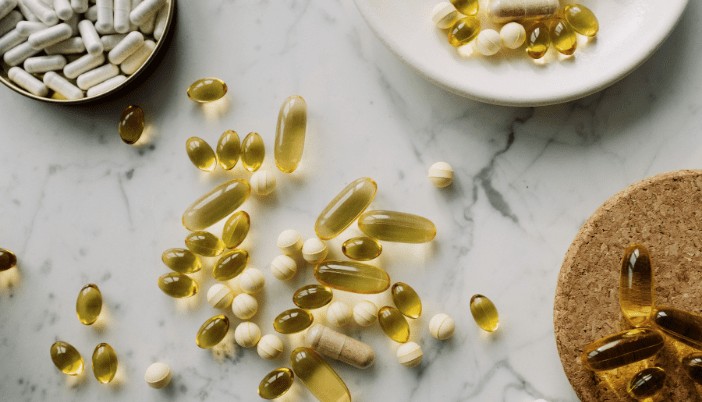Is UGG Cruelty-Free?
UGG started back in 1976 when Australian, Brian Smith decided Southern California was the place to be. Using his favorite material, sheepskin, he designed a pair of boots that launched the UGG brand.
Since then it has grown to be a loved brand. However, it’s not cruelty-free because it continues to use animal by-products in its fashion and accessory lines.
As an Amazon Associate, I earn from qualifying purchases. The links below may be affiliate links. Please read my disclosure policy for more information.
It does business the right way?
According to UGG, the brand is all about sustainability. It claims to care deeply about doing business the right way.
One of the ways it is pursuing this goal is through seeking new innovative materials to use, such as plant-based ingredients.
Additionally, the company is looking at how to make its products more renewable.
All the above points may be commendable to some degree (after all our planet is worth saving and fighting for) yet as far as animals are concerned, well, that’s a different story.
Regarding their innovation around animal welfare, UGG states that they are building relationships to improve welfare through such means as:
- Responsible Wool Standards which promotes best practices within the wool industry as well as traceability (so you know exactly where the wool is sourced from).
- Partnering with the Leather Working Group to improve assurance, traceability, and slaughter protocols (a technical term that means the best way to kill an animal humanely).
For animal lovers, UGG still proves to be doing business the wrong way.
A closer look at UGG’s animal welfare policies
One thing about UGG is that it is very transparent about its practices. That allows consumers to make informed decisions when dealing with the company.
Regarding animal welfare, UGG provides very detailed information about what it does in this area.
Sourcing the sheepskin
Sheepskin was the original material used in its boots and continues to be a main component of UGG’s products. The company says that it makes efforts to ensure the welfare of the sheep, so it carefully checks where the sheepskin originates from to make sure there aren’t any accounts of animal abuse.
The company then goes on to say:
“There are two kinds of sheep farmers: farmers that raise sheep for their wool and farmers that raise sheep for food. The sheepskin used in UGG products come from farmers who raise sheep primarily for food.”
Read that last sentence again.
Now comes the “Wait a minute moment”:
Some farmers raise sheep for wool (which is what UGG uses) and then other farmers raise sheep for food.
For some reason, UGG decides to source its wool from farmers that kill sheep for people to eat. Why don’t they go with the first group of farmers (which would be less cruel)?
To make the company sound more responsible regarding animal welfare, the company makes this statement:
“In support of countries that regulate the treatment of animals, UGG only sources sheepskin from the following countries: Australia, United States, Ireland, the United Kingdom, and Spain.
UGG does not source sheepskin from sheep raised in the Middle East, North Africa, or countries that do not have animal welfare standards.”
Oh, that makes things better, doesn’t it? NO! The company still gets its wool from animals that are killed for food no matter what country it comes from.
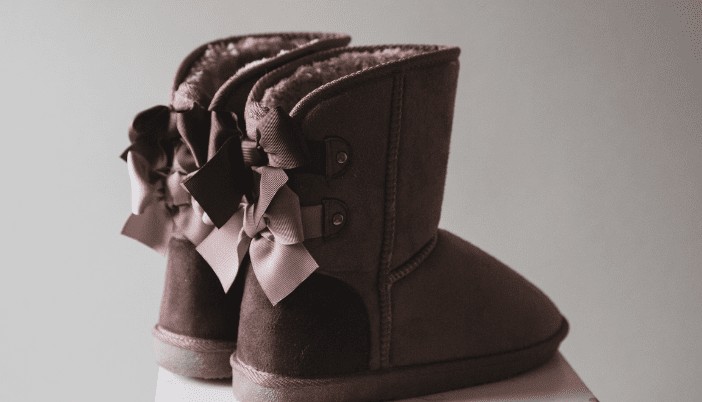
Leather and Suede
As we previously mentioned, UGG has partnered with the Leather Working Group to improve animal welfare along its supply chain. Regarding this the company says:
“We need to understand where our leather and suede originates from to avoid areas known for animal rights abuses, ensure that we are sourcing from reputable suppliers who demonstrate a commitment to the health of our planet and ask those suppliers to certify compliance with our policies.”
That all sounds lovely, yet leather and suede come from animal hides. So, again animals have to die to supply UGG with the materials it needs.
However, UGG claims that it only sources its leather and suede from companies that slaughter animals for food. Never will they get these from suppliers who only kill animals for their hides.
The company may do its best to ensure the journey to death row is as humane as possible, but at the end of the day, animals have to die (even if it’s primarily for food) so that people can use their leather and suede.
However, UGG does mention that there are some gaps regarding its knowledge of animal welfare practices as it doesn’t deal directly with farmers:
“In short, the key challenge is influencing farm level activities when there is not a direct relationship with the farmer.”
So that leaves the possibility that there could be animal rights abuses by farmers that UGG isn’t aware of.
On top of that, there is the admission that the company’s policy of traceability also isn’t 100% accurate. That is, UGG can trace the source of its leather and suede to 97% of its approved countries and 93% of its processing plants.
That leaves 3% and 7% respectively where UGG doesn’t know how the animals are treated. Yet, to be fair to UGG, the company says it’s committed to ensuring it meets the 100% traceability goal.
The Lowdown on UGG’s Down
UGG admits that the down industry is rife with inhumane animal practices such as live-plucking and force-feeding. Live plucking is when a conscious duck or goose is trapped between a worker’s knees and has its feathers pulled out.
Force-Feeding is the act of forcing a pipe down a duck or other bird’s throat and then pouring in 2.2 pounds of grain three times a day. It is a process that allows the birds to grow up to 10 times their normal size.
To ensure that UGG’s suppliers aren’t involved in these or other animal rights violations, it only sources down from businesses that are Responsible Down Standard (RDS) certified. UGG received its RDS certification in 2019.
The RDS certificate is issued to businesses who uphold the 5 Freedoms of animal welfare which are:
- Free from Discomfort
- Free from Pain
- Free from Distress
- Free from Fear
- Free from Hunger
All that is well and good, yet looking out for animal welfare and having practices that are cruelty-free (in which no animal has died) are entirely different.
PETA and the UGGly Truth
UGG may claim that it’s all for animal welfare, yet PETA begs to differ.
PETA says that UGG boots are made from wool obtained by the practice of shearling.
Shearling is where an animal’s wool is sheared, yet still has skin attached. Is that taking care of animal welfare? Uh-uh!
When it comes to shearing, not shearling, the sheep are often kicked, thrown around, and abused just so that people can have the sheepskin. How’s that for looking out for animal rights?
Peta2.com made the following commentary regarding the sourcing of wool:
“Six PETA exposés recorded at 39 facilities on three continents have revealed that sheep are mutilated, abused, and skinned alive in the international wool industry.
Shearers are often paid by volume, not by the hour, which encourages fast, violent work that can lead to gaping wounds on sheep’s bodies. The wounds are then stitched closed—without giving the animals any painkillers.”
To be fair to UGG, this doesn’t mean that they are involved in supporting such practices. Yet, the company itself admits that there are sometimes when it doesn’t know which country or processing facility its wool comes from.
So that means animals may have been mistreated.
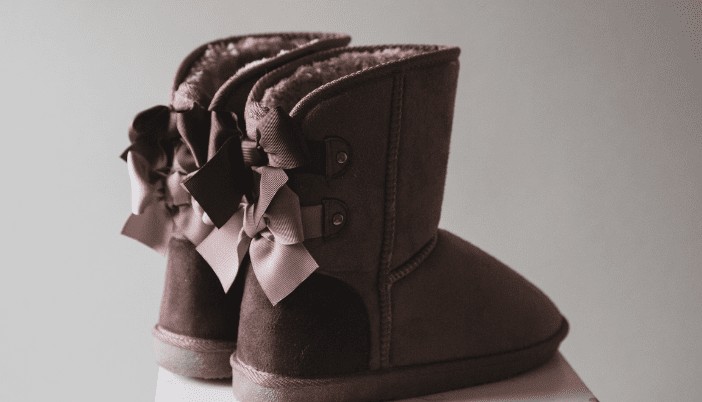
UGG Steps into the Vegan World
After pressure from PETA as well as an increasingly animal-loving group of consumers, UGG has launched a vegan range of footwear, known as the Plant Power collection.
The vegan range of UGG footwear is made up of the Fluffy Sugar Sandals. The soles of the sandals are made from sugarcane, while the fluffy upper is created using Lyocell from harvested trees.
It may be a step in the right direction, but UGG still has a long way to go before it can truly be considered cruelty-free.
Until then, there are plenty of other footwear companies that offer boots similar to UGG’s yet are completely cruelty-free.
Companies that love your feet and animals
If you are wanting to add a touch of flair to your footwear while still ensuring that animals haven’t given up their body parts or life, then here are some brands you can consider.
Pawj
Based on the belief that all sentient creatures have a right to live, designer Julee Merrill established Pawj. Its sole aim is to provide amazing footwear that doesn’t require an animal to die for its fur or skin.
On Pawj’s homepage is the statement: WEAR CRUELTY FREE FASHION
That sums up the ethics of the company perfectly. It only uses faux fur and synthetics to help you look and feel good.
Vegetarian Shoes
If you want shoes that are completely vegetarian then Vegetarian Shoes is the site to go to. After all, the name itself sums everything up nicely!
It was humbly started by a guy who simply goes by the name Robin. He had no clue about shoemaking, yet taught himself everything on how to make amazing footwear.
His inspiration came after learning how recycled tires were being used as shoe soles in Africa.
As a vegetarian, Robin wanted to make shoes out of anything other than leather. Now he uses a range of materials such as cork, hemp, synthetics, and more (non-animal items of course!).
Such a visionary and still as humble as ever.
Fourever Funky
Starting in 2001, Fourever Funky is all about providing funky footwear that your friends will go “Wow!” over. It is committed to being animal friendly as well as using vegan material.
That’s good for the planet and our furry companions everywhere.
The company claims that it is PETA approved, but the only evidence of that is a recommendation in Peta2.com’s article titled “7 Brands To Buy Instead of UGGs”.
Fourever Funky isn’t PETA certified neither is it recognized by Leaping Bunny.
So, even though Fourever Funky states that it’s animal-friendly, double-check what materials the footwear you purchase from them is made of.
MooShoes
Based in New York City, MooShoes was a first of its kind in NYC: A shoe shop that offered cruelty-free footwear.
Yet, MooShoes offers more than something to put on your feet. They have wallets, backpacks, belts, and more.
The materials are either vegan-based or synthetically produced. So that means no animals are used.
Another great thing about MooShoes is that the store in New York is now home to rescue cats that have been adopted by the company’s founders. How’s that for sharing the love?
A wrap up on UGG
UGG has become somewhat of an icon in the world of boots and footwear. The company advocates for animal welfare, yet it sources wool, leather, and suede from farmers who kill animals for food.
That means UGG isn’t cruelty-free.
On top of that, the company openly states that it can’t trace back the welfare practices of some of the countries it sources its raw material from. Additionally, it isn’t sure that animal rights abuses aren’t happening in some of the processing factories it uses.
PETA has had several exposes regarding the practices found within the wool industry, yet fails to link UGG specifically to the mistreatment of sheep uncovered in those investigations. Though PETA mentions UGG constantly, it may be a case of guilt by association on part of UGG.
However, the pressure applied on UGG by PETA and other animal welfare advocates has had some success. UGG now offers vegan-friendly sandals that are sourced completely from plants.
It’s a move in the right direction, yet there is no firm commitment by UGG that it will become 100% cruelty-free.
For those people that don’t want a bar of UGG, there are plenty of alternatives available such as PawJ or MooShoes. Companies that are proudly cruelty-free, yet aren’t certified as such.
As always, when buying anything, do your homework and research. Make sure that the brand you are buying from is truly cruelty-free.
If in doubt, check out PETA and Leaping Bunny to see if the company has been certified.
If it hasn’t, then don’t be afraid to reach out to the business you are thinking of buying from and ask them the hard questions about how they source their materials and the cruelty-free practices of their suppliers.
After all, it’s about looking after our animal friends.
